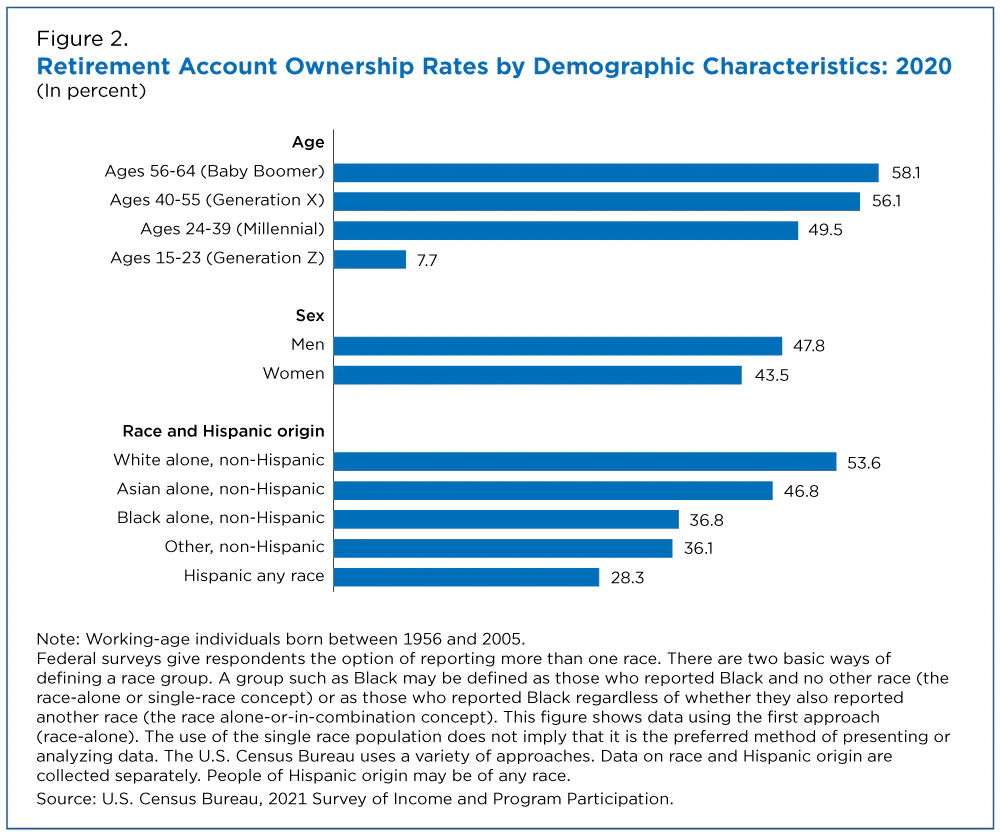They do. I'm also in favor of tearing out intracity highways, converting roads in urban centers in walkable spaces, and shifting zoning to encourage the density required for those to be actually viable transportation.
Those are all super tall orders though, so I'm happy to start with shifting the financial burden for road maintenance to those mainly driving it (🥁)
Cars may do more, but for maintenance spending a car and a pedestrian have exactly the same impact.

I'm not sure that your guess is correct. The gass tax is an example of a regressive tax. Higher income people are generally more able to work from home, and own higher efficiency vehicles. Even ignoring efficiency, a person making $200k would pay the same for road maintenance as a person making $30k. As a proportion of income, the tax hits lower income people harder.
At the same time, we don't actually want to penalize people for having more efficient cars. So dropping the tax on individuals and shifting it to the main driver behind road wear makes sense. The cost will inevitably be passed on to consumers, but spreading $60 billion over all the products sold in the US in a year is a smaller burden for low income people, particularly if weight is factored in.